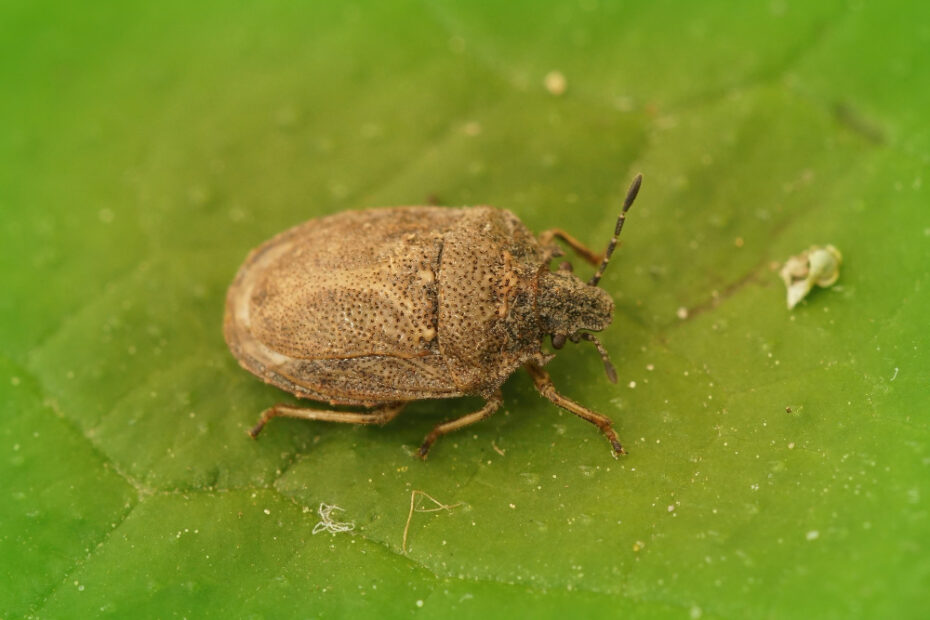If you’ve ever lived in an area where ticks are a problem, you know how annoying they can be. They’re tiny and hard to spot, so it’s very easy to come into contact with them without knowing it. Thankfully, there is one thing that should keep you safe from ticks during the winter months—the cold weather! But can ticks really survive freezing winter temperatures? Let’s find out!
Tick Biology 101
To better understand whether or not ticks can survive freezing winter temperatures, let’s take a look at their biology.
Ticks are arachnids—meaning they have eight legs and two body parts—but unlike spiders, they do not spin webs. Instead, they feed on the blood of animals (and sometimes humans!). As ectoparasites, they must attach themselves to a host animal to feed.
So, how does this relate to their ability to survive cold weather?
Tick Survival Strategies
Ticks have several strategies for surviving cold weather. The most common is by entering a state of dormancy called diapause. During diapause, ticks slow down their metabolism and enter a deep sleep-like state that allows them to significantly reduce their energy needs while still staying alive. This enables them to survive for months without food or water until the temperature warms up enough for them to become active again.
Another survival strategy used by some species of ticks is called overwintering. During overwintering, adult female ticks will lay eggs that then hatch into larvae once the warmer weather returns in springtime. These larvae will then seek out hosts to feed and grow before eventually becoming adults and laying more eggs in late summer/early fall—starting the cycle all over again!
Must Read About: What Do Bed Bugs Look Like?
The Risk of Winter Bites
Just because ticks aren’t as active in winter doesn’t mean they don’t pose a risk; any contact with a tick should be taken seriously regardless of the season.
Wintertime can be full of cheer, but it’s important to remain vigilant if you come into contact with a tick. Timely removal is key in preventing potential diseases caused by the bite! Don’t let this pesky creature ruin your holiday season – take precautionary measures and seek medical help right away if necessary.
Preventative Measures
The best way to protect yourself from tick bites in any season is to take proper precautions when spending time outside. Wearing insect repellent containing DEET or wearing long pants tucked into your socks are both effective ways of keeping ticks away from your skin while outdoors.
Additionally, make sure to do regular tick checks after spending time in wooded areas or open grasslands—even if it is during the cooler months. A few minutes spent doing these simple checks can help ensure your safety no matter what season it is.
Tick infestation? We’re the experts!
Ticks come in all shapes and sizes, each requiring its specialized treatment plan to ensure the safety of humans and animals alike.If you find yourself dealing with any kind of tick infestation, Unitech Pest and Termite Services can provide the appropriate treatments to keep your home safe. Give us a call and our experienced team will work with you to create a customized solution that fits your unique needs!


